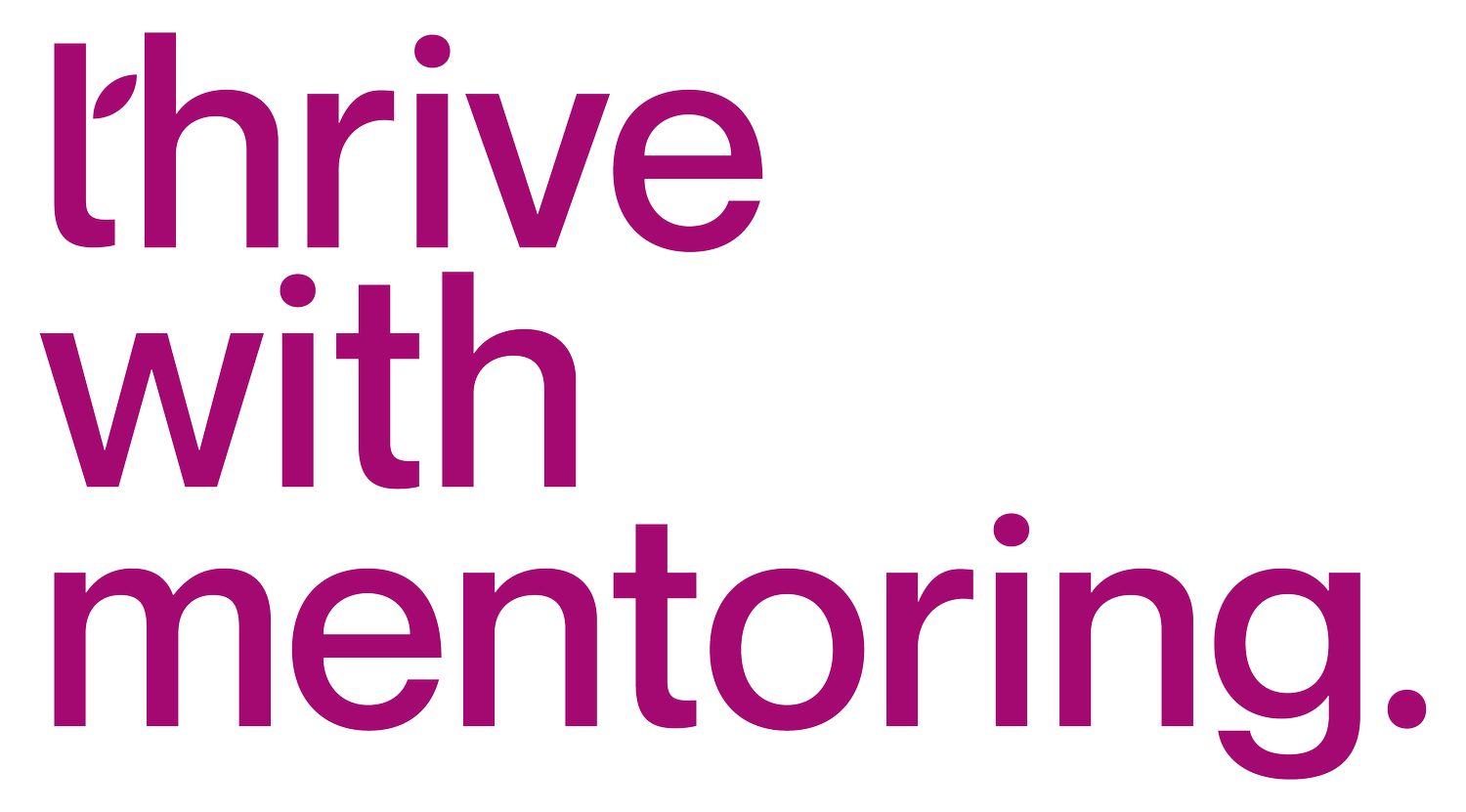The Mentor as a Coach: Integrating Coaching Techniques into Mentorship
In the world of personal and professional development, mentorship and coaching are often viewed as two distinct approaches. While they share common goals of fostering growth and improvement, the paths they take can differ significantly. However, when mentors integrate coaching techniques into their mentorship approach, they can enhance the effectiveness of their guidance and support. This blog explores how mentors can adopt these techniques and the benefits that arise from a blended approach.
Understanding the Difference Between Mentoring and Coaching
Mentoring typically involves a relationship where a more experienced individual (the mentor) provides guidance, advice, and support to a less experienced person (the mentee), often within a specific field or career path. The mentor imparts wisdom based on personal experiences and observations, focusing on long-term personal and professional development.
Coaching, on the other hand, is generally more structured and performance-driven. Coaches work with individuals to achieve specific goals or improve specific skills in a relatively short time frame. Unlike mentors, coaches do not necessarily share personal experiences but use questioning techniques to challenge and motivate individuals to develop their own solutions.
Integrating Coaching Techniques into Mentorship
Goal Setting:
Coaches are adept at helping individuals set clear, specific, and achievable goals. Mentors can adopt this technique to help mentees define precise objectives for what they wish to achieve from the mentorship. This practice not only gives direction to the mentoring relationship but also provides clear markers of progress and success.
Active Listening:
Coaching relies heavily on the ability to listen actively, giving full attention to the coachee and observing their emotions and body language. By employing active listening, mentors can better understand their mentees' challenges and tailor their advice more effectively.
Powerful Questioning:
Coaches use questions to stimulate thinking and reflection. Similarly, mentors can use powerful questions to challenge mentees or help them explore new ideas and solutions on their own. This helps mentees develop critical thinking and problem-solving skills, essential for personal growth.
Feedback and Reflection:
Effective coaching involves providing timely and constructive feedback. Mentors can enhance their mentorship by offering feedback that is not only supportive but also challenges mentees to self-reflect and take responsibility for their growth. Encouraging mentees to reflect on what they have learned and how they can apply it reinforces the learning process.
Accountability:
Coaches hold their clients accountable for their progress towards their goals. Mentors can adopt this approach by setting up regular check-ins to review progress, discuss setbacks, and adjust goals as necessary. This ensures that the mentee remains committed and motivated throughout the mentorship journey.
Benefits of a Coaching Approach to Mentorship
Enhanced Engagement: Incorporating coaching techniques can make the mentorship more dynamic and engaging for the mentee, as it involves them more actively in their own development process.
Improved Outcomes: With a focus on specific goals and regular feedback, mentees are more likely to see tangible results from their mentorship experience.
Greater Empowerment: By encouraging mentees to find their own answers and set their own goals, mentors foster a sense of empowerment and self-sufficiency in mentees, which can boost their confidence and independence.
Integrating coaching techniques into mentorship enriches the mentor-mentee relationship, combining the depth of mentorship with the focus and structure of coaching. This blended approach not only enhances the development of the mentee but also enriches the mentor’s skills, making the relationship mutually beneficial. By adopting coaching strategies, mentors can provide more focused, personalized support that empowers mentees to take charge of their growth and achieve their full potential.
Join Our Upcoming Cohorts
Ready to take your personal and professional growth to the next level? Whether you're looking to guide others as a mentor or enhance your own skills as a mentee, join our upcoming cohorts at Thrive with Mentoring. Explore how our structured mentorship can illuminate your path to success. Sign up today and start your journey with us!

